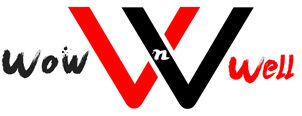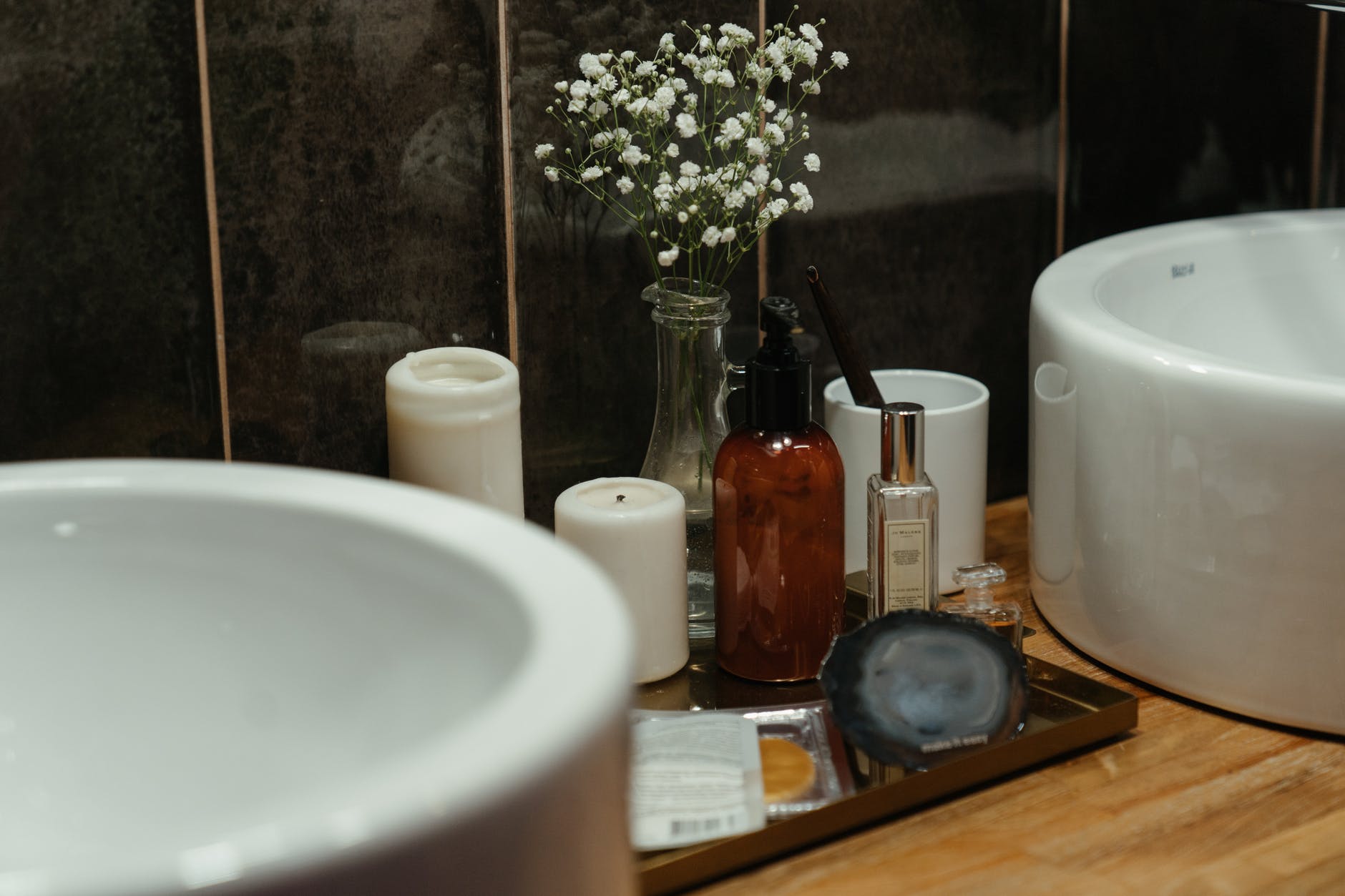New to the world of the vegan guide to beauty and wellness products? Get all of the information you need with our vegan guide to beauty and wellness products.
While only 9% of the American population identify themselves as strictly or predominantly vegetarian or vegan, plant-based diets have become progressively popular in new years.
Vegan and vegan diets are more popular among young adults in the United States. 12% of Americans between the ages of 18 and 49 have at least a vegan or vegetarian diet.
Some of these people are vegans for ethical or environmental reasons. They need to understand that you need to examine the labels of your wellness and beauty products carefully.
It can be tough to understand which products are vegan. It is why we created this ultimate vegan guide to wellness and beauty products. Knowing how to read tags can help you make informed purchasing decisions.
What is Veganism?
You’ve probably heard of veganism, which has grown in popularity over the past few years.
In 1944, a small group of vegans coined the term “vegan” when they broke with the Leicester Vegetarian Society.
This group of people have chosen not to use animal products and to avoid meat. This means that they did not eat any eggs, dairy or animal products.
While several people think of veganism as a diet, many vegans expand on the philosophy of avoiding animal products that go beyond what they eat.
This means that they will exclude animal products from their clothing, beauty products, wellness products and whatever else they buy.
People choose to return for a variety of reasons.
First, many vegans have chosen this lifestyle for ethical reasons. They are often against industrial farming practices and end the life of a conscious being for our own purposes.
Second, some vegans have drawn to the potential health benefits of the diet. While some might diet to help lose weight, others might, as diet reduces the risk of many serious illnesses.
Another reason some people choose a vegan diet is the environmental impact of raising animals.
Some research has shown that more water is needed and more greenhouse gases emitted by breeding than by breeding. Wildlife habitats also reduce to create pasture or arable land.
It’s common for people to choose a vegan diet for one or more of these reasons.
What is Vegan Beauty?
Although many people are aware of animal products in many foods, it is less known that animal products and animal testing are animal welfare products.
With the increasing popularity of veganism, vegan beauty products have increased in the market. It is vital to appreciate the difference between a vegan beauty product and labelled “cruelty-free”.
Vegan beauty product does not contain any components from animals and has not been tested on animals.
When produce says, it is “cruelty-free” it merely means that it has not been tested on animals. It could also contain ingredients of animal origin.
Products labelled “vegan”, “100% vegan” and “vegan-friendly” all make the same statement. These evaluation conditions state that the product does not contain any animal by-products or ingredients of animal origin.
You should note that not all beauty and cosmetic brands create skin care products that can truly be called ‘vegan’. You will only find a handful of brands like Louis Widmer that are innovating on vegan skin care products.
However, sometimes this label refers to the specific product or the brand as a whole.
Are you looking for a vegan multivitamin for women? Check out these vegetarian hair vitamins.
What Ingredients are you looking for in Vegan Beauty Products?
Fortunately, many friends who do not use animal products, have a Vegan brand right on the product label.
This mark guarantees the Vegan Society that the product contains no animal products and meets the company’s requirements.
By using the symbol on their products, brands can make it very easy for consumers to know that their products are vegan.
Just because a product doesn’t have this label doesn’t mean it’s not vegan.
While some ingredients of animal origin are easy to spot, others are not.
Some of the more common Ingredients to look for are:
Lanolin (which comes from the sebaceous glands of sheep)
Cow milk
Beeswax
Royal jelly
honey
Carmine (a red pigment made from crushed insects).
Some components do not list on the tags of beauty products. Xanthan gum and glycerin are two products that can come from animal or plant sources. One product that Guanine lists refer to the use of fish scales and their product. Cetyl alcohol, which seems relatively benign, is actually just another term for sperm whale oil.
Also Read: The Best Guide For Hair Transplantation
Other Animal Ingredients commonly used in Beauty Products Include:
keratin
Elastin
Collagen
Stearic acid
tallow
Milk derivatives
Silk
Snail slime.
Collagen is a product naturally produced in the body of animals. It is typically used in makeup and skincare products because it can temporarily fill and tone the skin. To extract this protein, products such as skin, connective tissue and bones cook.
If a product has lactic acid on its label, it is essential to know whether it is of plant or animal origin. Lactic acid as lightener and brilliant. If it comes from an animal source, it means it comes from animal tissue.
If you look at the label of your cosmetics and moisturizers and find that it contains squalane or squalene, the product contains shark liver oil.
Even products like brushes and makeup tools can contain animal products. Physical fur and hair can use to make these tools.




